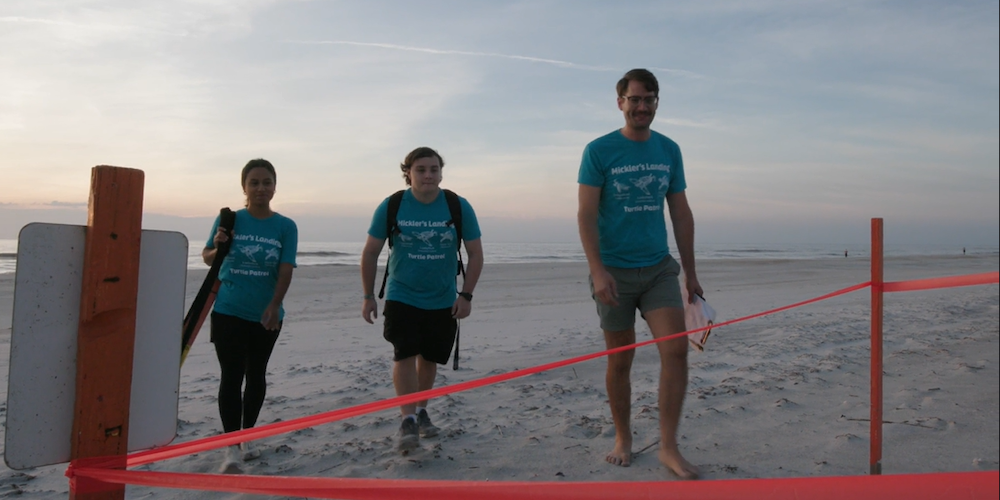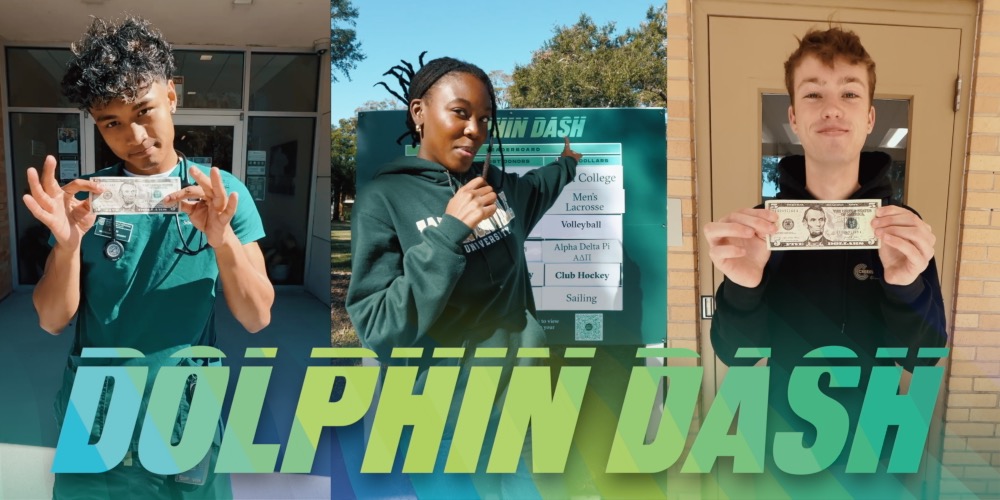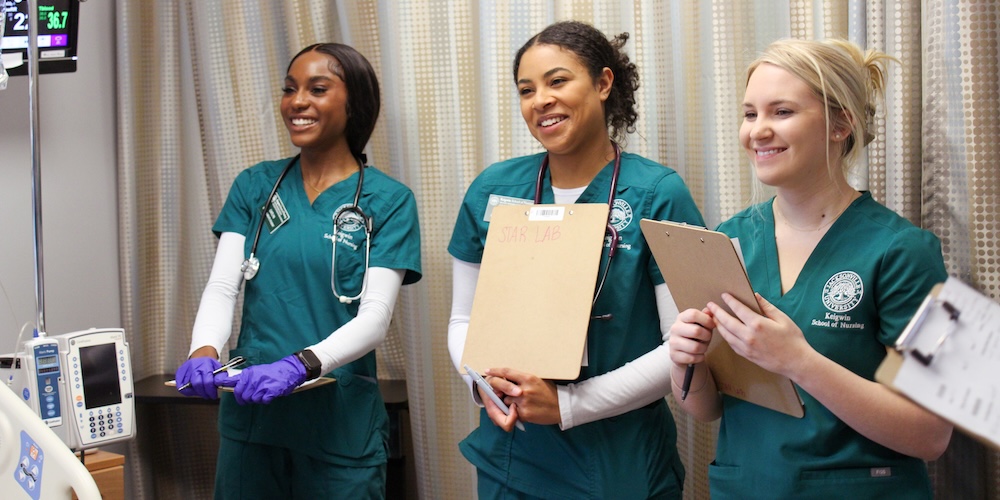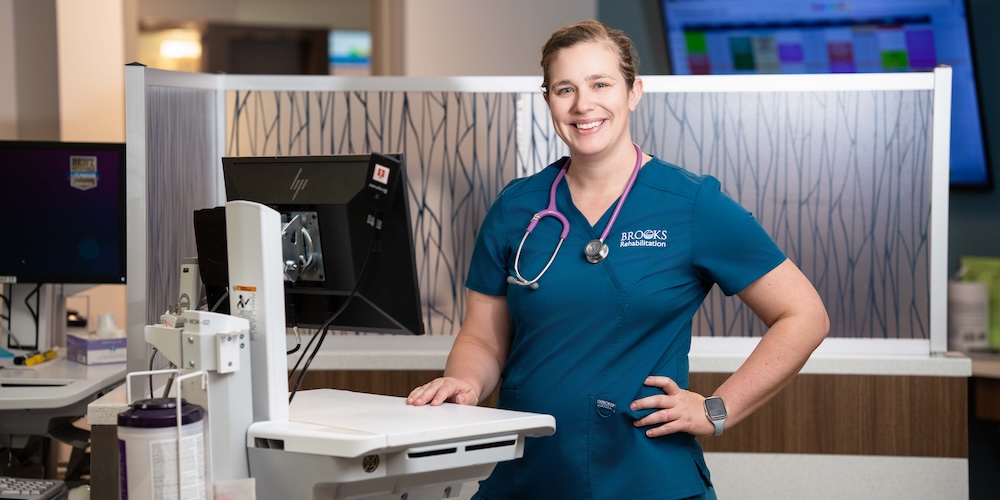In partnership with Mickler’s Landing Turtle Patrol, Jacksonville University announced the launch of its Sea Turtle Program, expanding its work in marine conservation to one of Florida’s most iconic marine animals. The program, launched on World Sea Turtle Day, is designed to protect and conserve sea turtles and their coastal habitats through collaborative research, education and community engagement.
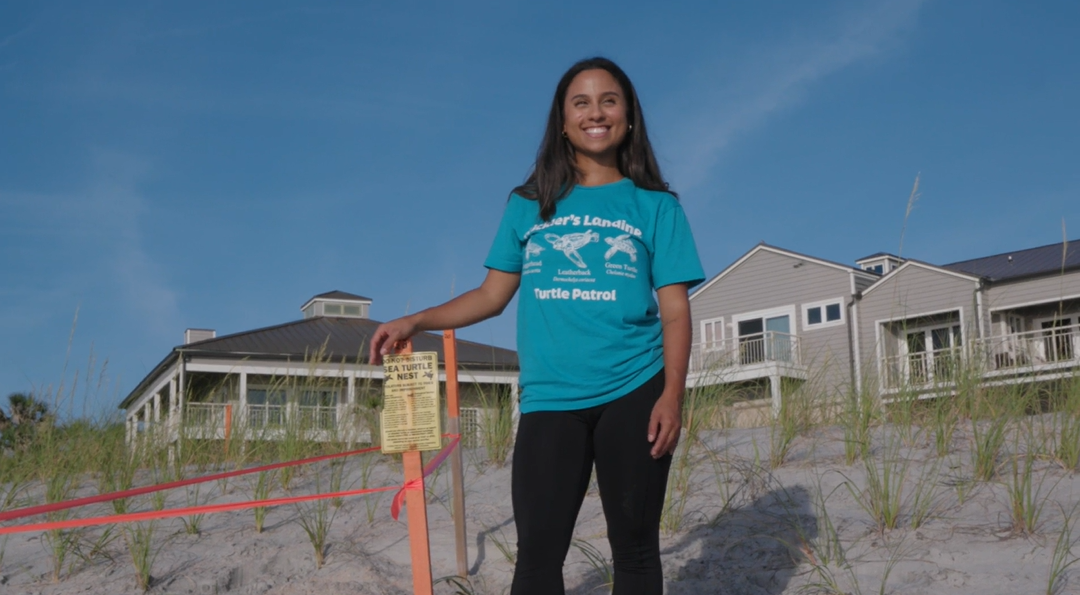
“This is a homecoming for me,” said Lucas Meers, Director of Jacksonville University’s Sea Turtle Program. “I had such an impactful experience as a student at JU, and I attribute a lot of my success to the skills I learned and relationships I made here.”
Florida is home to the world’s largest population of nesting loggerhead sea turtles, green sea turtles and leatherbacks. Nesting loggerheads are currently listed as threatened in the U.S. and vulnerable globally. The Sea Turtle Program partnership supports daily nest monitoring from April 15 through October 31 along a 4.6-mile stretch of beach from Sawgrass Beach Club to the northern boundary of the Guana Tolomato Matanzas National Estuarine Research Reserve.
Meers began his conservation journey as a student at Jacksonville University’s Marine Science Research Institute, joining the Turtle Patrol as a volunteer after graduation. Over a decade, he became deeply involved in marine conservation, including a leadership role at Jacksonville Zoo and Gardens, where he helped develop its first wildlife conservation strategy. In 2021, Meers became the lead coordinator of the Mickler’s Landing Turtle Patrol.
During nesting season, volunteers are on the beach daily, 30 minutes before sunrise, to locate new nests and monitor existing ones. Volunteers collect data to support research that helps protect the species and inform coastal development policies. Nests are checked for impacts or changes, such as predation or washovers from high tides, that may affect their success. Three days after a nest hatches, it undergoes further evaluation.
Several JU students are already working with the program, gaining real-world research experience while learning data collection techniques. Meers believes the program has a bright future ahead.
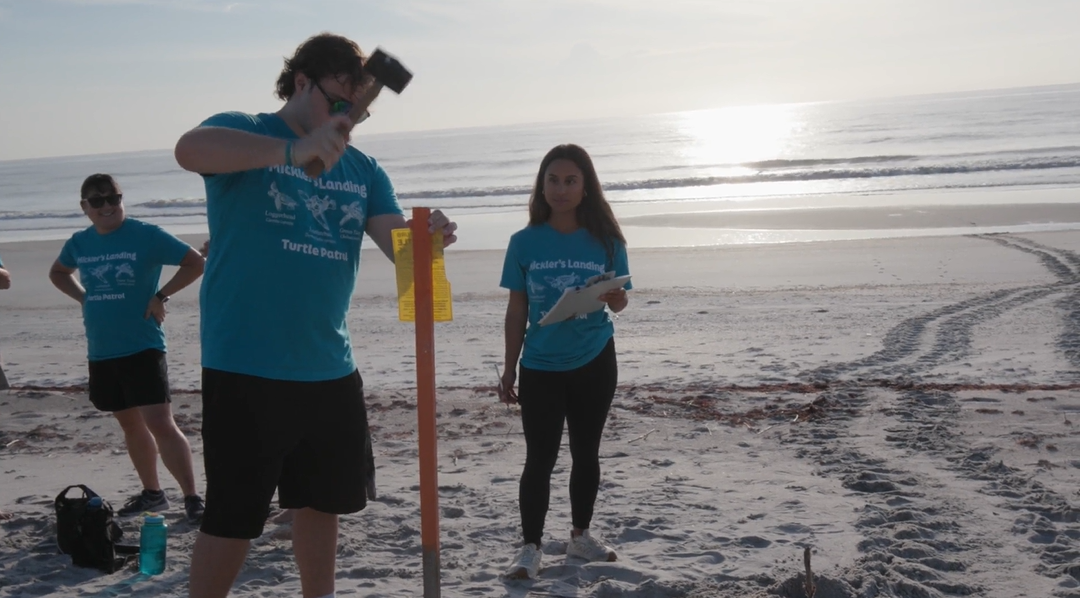
“This program is about more than research and data collection — it’s about empowering students and our community to protect a vital part of Florida’s ecosystem, he said. “There are so many exciting opportunities to expand our work and better understand sea turtles and how our decisions impact their populations and habitats.”
